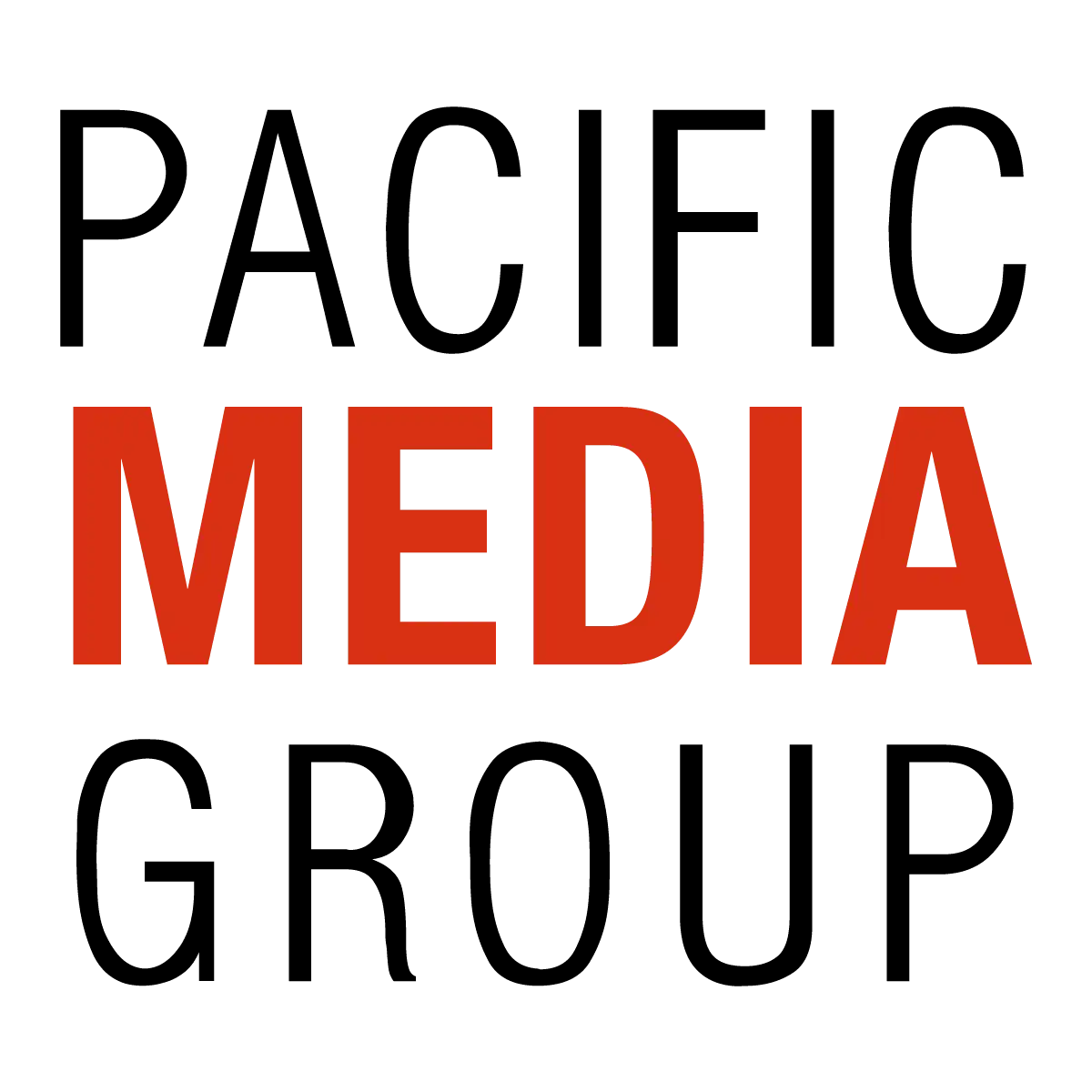Hale Makua Submits Grant Application to Address Challenges with Aging Population

Hale Makua has submitted a Build Back Better Regional Challenge grant application to the US Department of Commerce. This is a federal grant opportunity as part of the country’s economic recovery from COVID-19.
The application identifies Maui’s high cost of living, high unemployment and an overdependence on tourism along with increased poverty, especially among older residents as challenges.
If awarded, the grant aims to create a new paradigm that addresses challenges with a growing kūpuna population based on three principles:
1) All kūpuna deserve a basic foundation for health, such as housing, food, healthcare, social services;
2) It requires the attention of our entire community to be successful; and
3) Together, we can address other important needs of the community in the process of supporting our kūpuna.
As the grant details, “keeping kūpuna healthy reaps benefits far beyond those who are aging in our community.” This includes:
- Creates of a more dynamic economy and reducing reliance on a single industry.
- Improves the standard of living and raising income and earning potential.
- Lowers health care costs, including Medicaid outlays.
- Addresses historically underserved populations and inequities in health care and in the workforce, especially Asian American and Pacific Islander individuals.
- Improves patient outcomes and helps address Maui’s mental health crisis.
- Creates innovation incubators in modern agriculture and the delivery of health care.
- Creates workforce training and compensation models for possible use elsewhere.
- Puts hundreds of Maui residents on a stable career path working in jobs with purpose.
- Increases food production, improves safety, and reduces reliance on imported foods.
- Modernizes the delivery of health care.
- Increases labor union membership.
- Improves cultural competency in health care, one of the most important areas for “upskilling” of the direct care workforce, based on a recent national report, “Caring for the Future: The Power and Potential of Americaʻs Direct Care Workforce,” by Stephen Campbell, Angelina De Rio Drake, Robert Espinoza and Kezia Scales (PHI, Oct. 21, 2021).
Regional hub partners have identified three sectors where workforce training is needed to address some of the
community’s most pressing concerns including: health care and social services; building trades and construction; and “smart farming” for increased food production, agricultural innovation, and food safety to reduce our reliance on imported food.
In all three areas, organization leaders say the plan is to provide immediate results to the community, expanding on successful “earn and learn” programs initially launched through CARES Act funding; developing and testing wage and compensation models; and offering unemployed and displaced workers, as well as unpaid caregivers, an opportunity for rewarding work and potential income growth.
“While addressing the high cost of living is important, this model addresses the other side of the equation: increasing earning power and opportunities for advancement,” said Wesley Lo, CEO of Hale Makua.
“I strongly support the application submitted for the benefits it will provide to Maui County,” said Mayor Michael Victorino in his letter of support. “The COVID-19 pandemic has brought to light the shortage of health care workers, caregivers, community health workers, construction and building trades workers, agricultural specialists and other essential employees. This grant is truly how we build back better,” he said.
The grant application has two phases: submission of concept which happened on Tuesday. From there, a set of 40-50 grantees nationally will receive technical assistance funds to build out their concepts and compete for awards ranging from $25-$75 million offered to 20-30 finalists.
“Whether this concept proposal gets awarded by the US Department of Commerce or not, it has forced us to develop a foundation to truly redefine the healthcare delivery system and boost our workforce efforts to bring this ultimate dream to fruition,” said Ashley Takitani Leahey, Director of Communications and Development at Hale Makua. “We see this as an opportunity to start a needed conversation to create a bright future for Maui. The problems are urgent, making our call to action even more important,” she said.
The grant was accompanied by letters of support from 19 leaders and groups.
“While efforts like these often take place in silos, this project includes unprecented collaboration. Working together means more economic diversification, economic security, and personal wealth – a brighter future — for an entire generation, especially marginalized groups who often get left behind. We know it will take labor unions, government, nonprofits, institutions of higher learning, foundations, health care providers and insurers, and businesses all working together if we are to meet these urgent needs,” said Lo.










